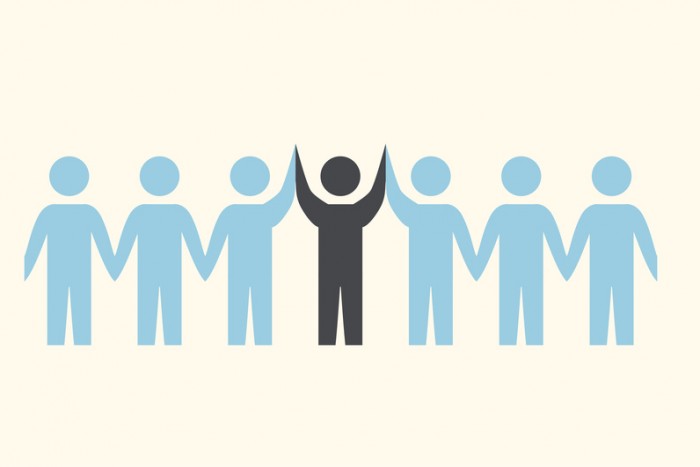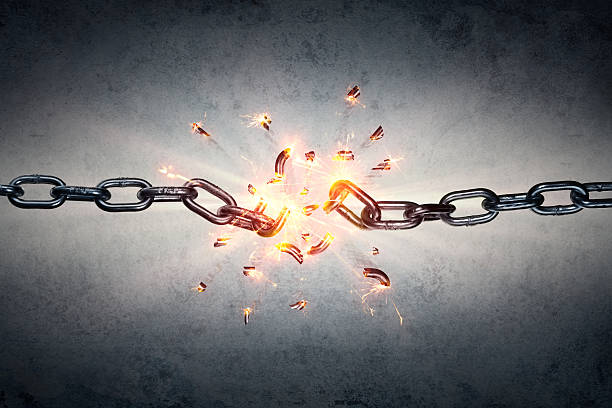Lets get motivated "The responsibilities of leadership Part 1"
motivation·@dapeeyg·
0.000 HBDLets get motivated "The responsibilities of leadership Part 1"
>Do you ever wonder what we would look like if our mental, emotional, and spiritual aspects were as visible as our physical bodies? I suspect many of us will be distorted, misshapen, and even grotesque. Some people develop their minds to the neglect of their social and emotional health. Others spend so much time studying the bible that the rest of their lives are stunted. >Mature leadership involves balanced growth. Maturity is obviously difficult to measure, but here are several disciplines necessary for healthy growth and responsible leadership. They can serve as a checklist to make sure we’re maturing in all areas of life.  [imagesource](https://www.google.com.ng/search?q=leadership&source=lnms&tbm=isch&sa=X&ved=0ahUKEwiT-bGE08PZAhUFyKQKHRFeCewQ_AUICigB&biw=1280&bih=645#imgrc=eCHgUXdQq_9F3M:) # The Discipline of Freedom Some people feel trapped by their work. They think, ***they are working because someone want them to do this, but I don’t like certain aspect of the job, and I don’t feel free to change them.*** This depresses them regularly. They feel like slaves to the people they work for, and slaves have few options. They have emotional options, of course. They can be dedicated, enthusiastic, willing to do their best talent, or they can drag their feet and be insolence and difficult to get along with. But internal control is about the only slaves have. When feeling trapped, the key is to recognize we’re serving the wrong master. >For example, I was once approached by a person about serving on the board of his organization. I said, “ you don’t want me, because I would consider my responsibility to the organization and not to you. You couldn’t count automatically on my vote.” I was insisting on my freedom to discharge my responsibility. In this case, he agreed. **This desire for total freedom has to be tempered, however, freedom is not irresponsibility. Freedom is an environment in which we discharge our responsibility. One reason for America’s productivity is that for the first time in history, responsible people have lived in an environment of freedom. The puritan conscience was responsible for it, and one day you will stand for God and be judged. When that was placed into an environment of freedom, it became tremendously productive.**  [imagesource](https://www.google.com.ng/search?q=freedom&source=lnms&tbm=isch&sa=X&ved=0ahUKEwi-m7vQ0sPZAhVD2qQKHV9ACccQ_AUICigB&biw=1280&bih=694#imgrc=6eDJLRUeDDk46M:) # The Discipline of Emotions Emotions can be hazardous to our leadership and productivity. I call certain feelings “blocking emotions” because they hinder performance. Lust and greed, for instance, block our emotions with good people around us. Another common blocking emotion, however, is a “blue funk” – when we find ourselves dragging mentally and emotionally. We can’t lead effectively when we are depressed, and yet these moods are a recurring part of life. For example, the other night I came home tired. After dinner I sat down and slept off on the chair. I woke up two hours latter feeling good for nothing. In situation like this, I went through series of temptations: to go immediately to bed, to eat something out of the refrigerator, or to start silly argument with my brother. Unless I find a way to interrupt the blue mood, I’ll fritter away the evening waiting until I can justify going to bed. But I will wake up the next morning feeling slightly guilty and unrefreshed, and the new and the new day will be off to bad start. I have found ways to break that cycle. Blue funks generally happens when I do not have anything exciting to do after dinner. One of my discipline is to try to have something planned immediately after dinner to get me going during this down times, I save little tasks I want to do or articles I want to read.  [imagesource](https://www.google.com.ng/search?q=emotions&source=lnms&tbm=isch&sa=X&ved=0ahUKEwil-N_10MPZAhUNyaQKHYB3CysQ_AUICigB&biw=1280&bih=694#imgrc=WtvVKxK20IBMxM:) Another tool that has worked for me is the telephone. Two things I appreciate about phone: **1. you don’t have to answer it when it rings, and** **2. you can call friends when you need help. I have friends to whom all I have to say when I call is “What’s exciting today?” and they are off and running. Just by listening to them, I get motivated. I have tried to develop a list of such people just for the down times.** # The Discipline of Things Leaders also have to come to terms with possessions. We live in a material world. That’s t the way God created it. There’s nothing in the Christian faith that is anti-material. The Garden of Eden was lush. God gave wealth to Job. Joseph ended up in pretty comfortable circumstances. ### What is our relation to things? Here are some questions to check if we’re growing towards maturity in this area. **1. Am I using my possessions and not just accumulating them?** In most families, heirlooms lend tradition and give us roots. I’m proud to two pictures that hung on the living room wall when I was a small child. When I look at those pictures today, I become again the member of my family. Though those pictures are material things, they are not materialistic things. They serve a healthy purpose. **2. I am able to share them?** I was travelling to Abuja one time and was offended to see in a dusty, poverty-stricken town a beautiful cathedral. I asked the priest how such a structure could be built amid such misery. “Mr Dapo”, he said, “the only thing of beauty these people can afford is what they have done corporately . non of them alone can have anything beautiful, but together they can have these cathedral.” That changed my attitude. By cooperation, these people had created a treasure for all. **3. Am I able to give?** Any time we are less than generous with the things we have, we are less than Christians. Giving is the really true antidote I know for greed. When we give things away freely, without expecting anything in return - we help ourselves from becoming possessed by possessions.  [imagesource](https://www.google.com.ng/search?q=possessions&source=lnms&tbm=isch&sa=X&ved=0ahUKEwj0g8u61MPZAhVFDOwKHf6tAT8Q_AUICigB&biw=1280&bih=694#imgrc=_2RS3AGncF7dQM:) # The Disciple of Recognition >It is important to get strokes, to be recognized for what we do well. The apostle Paul was constantly recognizing people for what they did. I’m always leery of an executive who says, “Don’t brag on your employees; they’ll want a rise.” There’s something mean about that attitude. Recognition is important. But we need discipline in deciding what type of recognition we’re going after. What kinds of strokes do we appreciate? Woodrow Wilson said, “Many men are seduced by secondary success.” Small successes prevent them from achieving big success. They’re too easily satisfied. >I knew a runner in secondary school who set a national record, but he never followed through. He could have qualified for the Olympics, but he didn’t want to pay the price. He had already succeeded. **Promotion is form of recognition. But it takes more than a little to truly say, “I filled this position.” Effectively leaders are not satisfied once they have gained the little. They have to do the work. Some people who are considered smart may want to develop wisdom.** As people start commenting on their wisdom in handling life situation, they will know they’re making progress. A helpful exercise is to write down three words our friends use to describe us, then write down three words we would use to describe us. Then we can work on making those traits so prominent in our lives that people cannot keep from recognizing them. Leaders need to know what kind of recognition they’re after and can’t be too easily satisfied.  [imagesource](https://www.google.com.ng/search?q=recognition&source=lnms&tbm=isch&sa=X&ved=0ahUKEwi788Pv1MPZAhWGDuwKHWEUAMEQ_AUICigB#imgrc=V5ORhWXLoCAC_M:) I will be dropping more of this write up on "The responsibilities of leadership. **you can read,comment and upvote this work.**